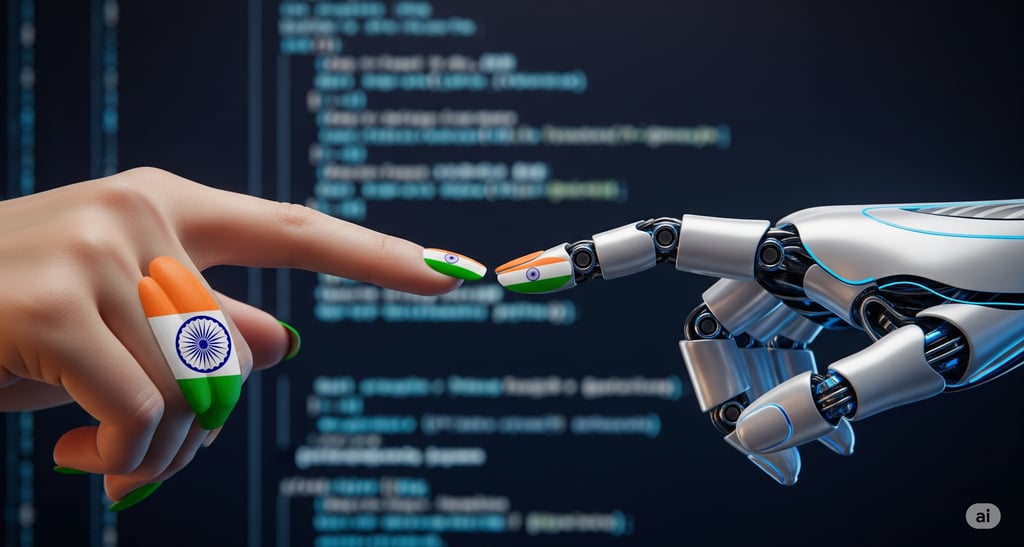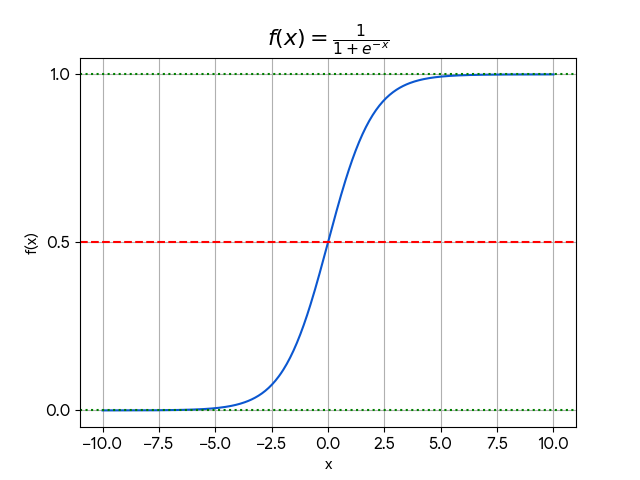Is AI Overrated by Humans? A Small Deep Dive into the Human vs. AI Debate
Is the AI hype justified? We dissect the core differences between artificial and human intelligence—from processing power to creativity and consciousness—to uncover why we might be overrating AI's true capabilities.


Is AI Overrated by Humans? A Little Deep Dive into the Human vs. AI Debate
The buzz around Artificial Intelligence is undeniable. From self-driving cars to chatbots that write poetry, AI is poised to revolutionize our world. We're told it's the dawn of a new era, a technological leap comparable to the invention of electricity. But amidst this whirlwind of hype, a critical question emerges:
Are we overrating AI?
While AI's capabilities are genuinely astounding, our human tendency to anthropomorphize—to assign human-like qualities to non-human things—may be clouding our judgment. To get a clear picture, we need to strip away the science fiction and look at the fundamental differences between human intelligence and its artificial counterpart.
The Battle of the Brains: Where AI Shines
Let's be clear: in specific, well-defined domains, AI doesn't just compete with humans; it leaves us in the dust.
Raw Processing Speed and Data Analysis: A human brain is a marvel, but it can't hold a candle to a machine's ability to crunch numbers. AI can sift through petabytes of data in seconds, identifying patterns, correlations, and anomalies that no human team could ever hope to find. This is the realm of Big Data, and AI is its undisputed king.
Logical Operations and Rule-Based Tasks: For tasks governed by strict rules and logic—like playing chess or Go, executing financial trades, or verifying complex code—AI is nearly flawless. It's immune to fatigue, emotion, and distraction, executing its programming with relentless precision.
Pattern Recognition at Scale: Modern AI, particularly deep learning models, excels at pattern recognition. An AI can analyze millions of medical scans to detect cancer markers with a higher accuracy rate than a trained radiologist. The core of this is the artificial neuron, which processes inputs and passes on a signal, often using an activation function like the sigmoid function:
This mathematical process, repeated across millions of "neurons," allows AI to "learn" patterns far beyond human capacity.
Verdict: In tasks of scale, speed, and repetition, AI is not overrated; it is demonstrably superior.
The Human Advantage: Where AI Falls Short
Despite its computational prowess, AI runs into hard limits when trying to replicate the nuanced, multifaceted nature of human intelligence.
Generalization and Common Sense
An AI that masters the game of Go cannot then decide to cook you dinner or offer you sound financial advice. Current AI is overwhelmingly Artificial Narrow Intelligence (ANI)—it's brilliant at one thing. Humans, on the other hand, possess incredible general intelligence. We can learn a new language, adapt to a foreign culture, fix a leaky faucet, and console a friend, all using a fluid, integrated intelligence. We have a vast repository of unspoken, intuitive "common sense" about how the physical and social worlds work, something AI struggles profoundly to acquire.
True Creativity and Originality
Generative AI models like DALL-E and GPT-4 can produce stunning images and coherent text. But are they truly creative? The consensus is leaning towards no. AI creativity is essentially a sophisticated form of mimicry and recombination. It learns from a massive dataset of human-created content and generates statistically probable outputs based on that data.
Human creativity, however, is born from a cocktail of lived experience, emotion, consciousness, and intention. A painter's sorrow, a musician's joy, a writer's philosophical musings—these are the raw materials of originality. AI doesn't have a life story or a broken heart. It hasn't felt the sting of failure or the thrill of discovery. It remixes; it doesn't originate.
Emotional Intelligence and Empathy
This is perhaps the most significant chasm between us and our creations. Humans are social, emotional creatures. We navigate the world through empathy, intuition, and non-verbal cues. We can read the mood of a room, understand sarcasm, and offer genuine comfort.
AI can be programmed to recognize and simulate emotions. A customer service bot can say, "I understand your frustration." But it does not feel frustration or understanding. It's a script. This lack of genuine emotional resonance makes AI a poor substitute in roles requiring deep human connection, like therapy, leadership, and nuanced caregiving.
Consciousness and Subjective Experience
What does it feel like to be you? To see the color red, to taste a strawberry, to feel the warmth of the sun? This is the "hard problem" of consciousness, and AI isn't even close to solving it. Our intelligence is embodied; it's inseparable from our physical sensations and our subjective awareness of existence. AI has processing; we have experience.
So, Why Do We Overrate AI?
If these limitations are so clear, why is the hype so pervasive? There are several psychological and commercial reasons.
The Black Box Effect: We see the impressive output (an essay, a piece of art) without understanding the complex statistical process behind it. This lack of understanding makes AI seem like magic, leading us to attribute human-like thought and intention where none exists.
Science Fiction Priming: Decades of movies and books have conditioned us to think of AI as an all-knowing, conscious entity (like HAL 9000 or Skynet). Our cultural imagination often outpaces technological reality.
Marketing and Investment: The term "AI" is a powerful marketing tool. Companies have a vested interest in promoting their products as revolutionary, and the media amplifies these narratives to capture public attention.
A Desire for Easy Solutions: We look to technology to solve our biggest problems—from climate change to disease. It's tempting to believe in a super-intelligence that will have all the answers, even if that's not what current AI is.
The Final Takeaway: A Tool, Not a Replacement
Is AI overrated? Yes and no.
Human is the creater of AI.
It's not overrated as a transformative tool that will augment human capabilities in incredible ways. It will be our co-pilot, our research assistant, our diagnostic expert, and our tireless analyst. The future is one of human-AI collaboration, where our creative, empathetic, and strategic thinking is amplified by AI's computational power.
Where AI is deeply overrated is in our perception of it as a competitor to human consciousness, creativity, and emotion. We are not on the verge of creating a digital person. We are creating incredibly sophisticated, specialized tools.
The real danger isn't that AI will "take over." The danger is (over dependancy and converted lazyness of us) in misunderstanding its nature—in over-relying on it for tasks that require moral judgment, genuine empathy, and true creativity, and in the process, devaluing the very qualities that make us uniquely human.


